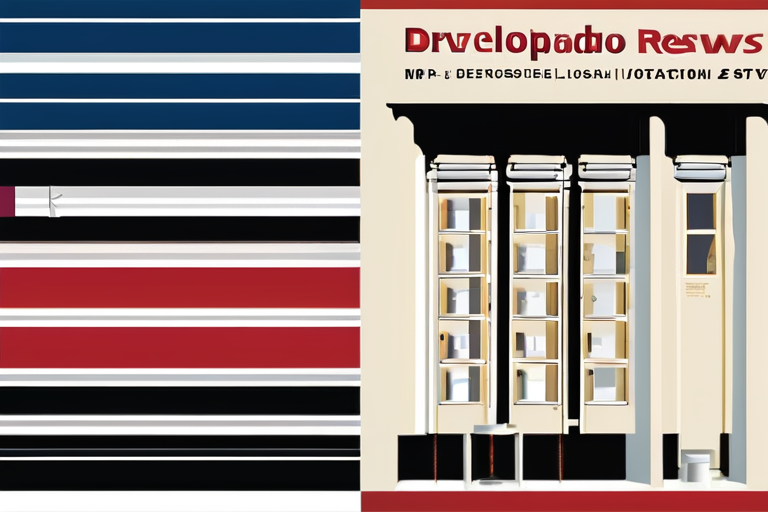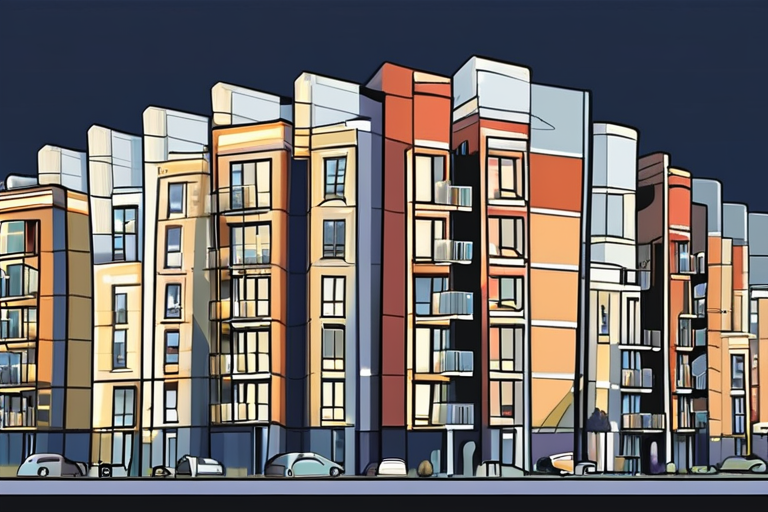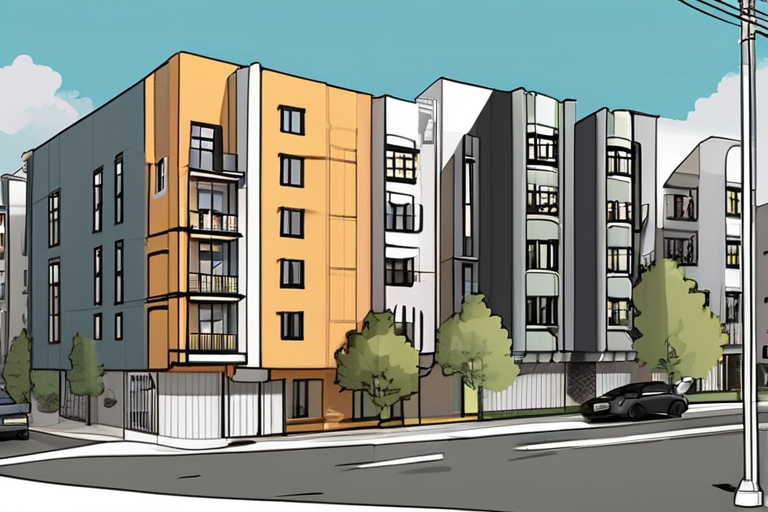A House subcommittee moved forward with a plan to overhaul federal laws governing broadband permits, despite opposition from local government leaders and criticism from Congressional Democrats. The proposed legislation would automatically approve certain local telecom projects if a city or town fails to act within a deadline set by Congress.
The plan drew praise from cable lobby groups, who see it as a way to streamline the permitting process and reduce regulatory hurdles. However, local leaders and advocacy groups argue that the proposal represents an unprecedented federal intrusion into established local decision-making processes, favoring large broadband, telecommunications, wireless, and cable companies at the expense of residents and taxpayers.
In a letter to lawmakers, four groups representing local leaders wrote that the bills "strip local governments of the ability to effectively manage the infrastructure built on local streets and in neighborhoods, while imposing no reciprocal obligations on providers." They also claimed that the legislation would "further concentrate power in the hands of large corporations, undermining the ability of local communities to make decisions about their own infrastructure."
The proposed legislation would apply to certain types of local telecom projects, including those involving the construction of broadband networks. Under the plan, cities and towns would have a limited timeframe to review and approve or deny these projects. If they fail to act within that timeframe, the project would be automatically approved.
The House subcommittee's decision to move forward with the plan has been met with criticism from Congressional Democrats, who argue that it would undermine local control and favor large corporations. "This proposal is a giveaway to the cable and telecom industries, and it would allow them to bypass local decision-making processes," said a spokesperson for the Democratic minority on the House subcommittee.
The proposal has also been met with praise from cable lobby groups, who see it as a way to reduce regulatory hurdles and streamline the permitting process. "This legislation would help to ensure that broadband infrastructure is deployed more quickly and efficiently, which is essential for economic growth and development," said a spokesperson for the National Cable & Telecommunications Association.
The proposed legislation now moves to the full House for consideration. It is unclear whether the bill will ultimately pass, but local leaders and advocacy groups are likely to continue to oppose the plan.



























Share & Engage Share
Share this article